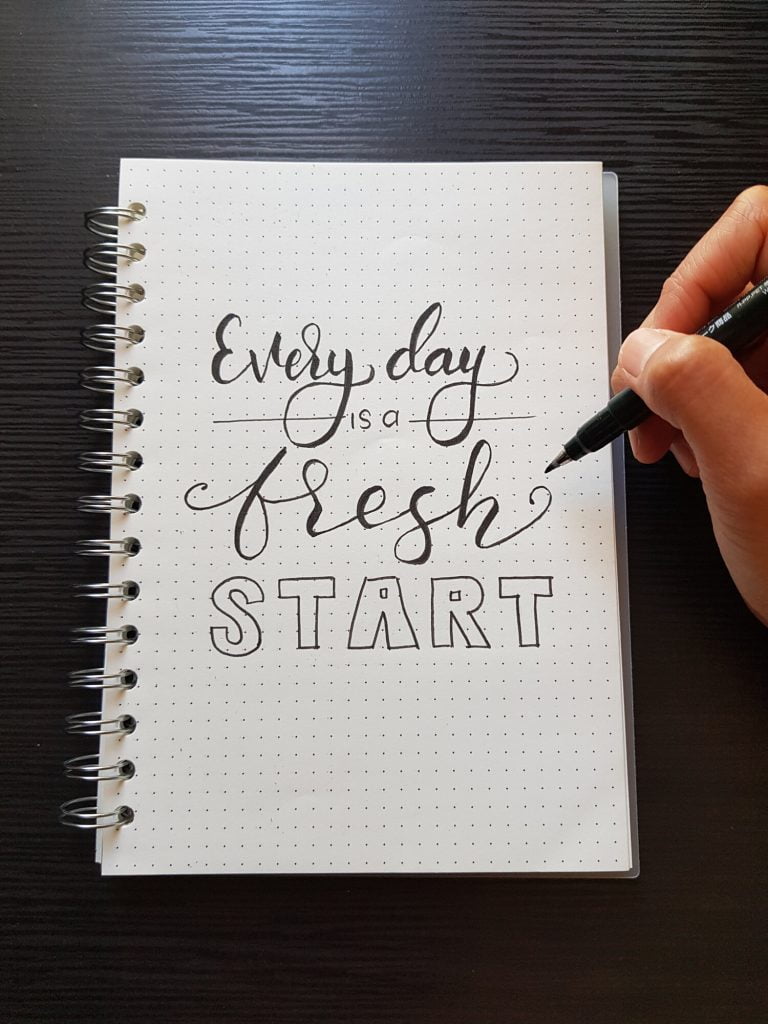
- Updated on 10 July 2024
- Zi Ling
Tags: self care; life hacks; tips to thrive;
This article is a collaboration between Alyssa Fernandez at Talk Your Heart Out (SG), and BerryHelps (SG).
On the surface, self-care – activities that we do deliberately in order to take care of our mental, emotional, and physical health – shouldn’t be that difficult. But slowing down and taking a break from our busy, fast-paced lives appears deceptively easy, leading searches for self-care to octuple from the previous decade. As the self-care industry continues to boom alongside interest in health and wellness, the number of self-care strategies being advocated has proliferated.
It can be overwhelming sorting through the deluge of self-care tips available both online and offline, which paradoxically adds to our levels of stress and anxiety. Furthermore, not all of them are equally useful for people in different circumstances. Here, we discuss some common self-care strategies and ways to do them more productively so that we truly get the nourishment we need.
1. Pamper yourself with luxuries
Perhaps the first thing that comes to mind when you think of self-care is a day of shopping, spa massages, and bubble baths. And if that’s your idea of a relaxing day, please do go ahead! But instead of producing relaxation, such activities might more often generate greater stress as you return to the same long to-do list and stack of tasks to finish at the end of the day.

You might even berate yourself for not completing anything the entire day, fuelling a period of guilt-driven work which negates the self-care you just did.
How You Can Do It Instead: Declutter Your Life
Self-care doesn’t have to mean going all out to pamper yourself, although that can be nice. If you’re feeling stressed and anxious, the point is to take a step back from the big duties that are weighing heavily on you. In the meantime, you can do small, less energy-intensive tasks that help declutter your life so that you feel refreshed and more productive when you next return to work. This can include responding to administrative emails that have accumulated, clearing documents, and tidying your room and workspace.
Alyssa’s tip: If the idea of tidying up a room is too daunting, start small. Aim for something more doable but that would still give you a sense of accomplishment – for instance, clearing one drawer or one shelf in your room.
2. Spend more time with loved ones
Spending time with your family and friends can undoubtedly be a way to relax and recharge yourself. But it might be counterproductive to encourage you to appreciate and reconnect with the people around you, because spending time with other people takes energy and entails responsibilities and obligations that might be too burdensome.

Instead of meeting up with others, you can arrange a night in for yourself. It is also important to set clear and specific boundaries for the people around you so they know not to disturb you during this time.
You can drop a simple text informing them “I won’t be checking my phone tonight, please don’t call me unless it’s urgent.” In the longer term, you can tell them that there will be times when you will need your own space and not to take offence when you clearly communicate that you need to stay home for self-care.
This doesn’t mean that self-care is self-centred or selfish. Selfishness is lacking consideration for others and benefiting yourself at their expense, while self-care is cultivating your health so you can have the strength and space for others. You have to learn to receive so you can give!
Alyssa’s tip: If you’re just starting to set boundaries, feeling guilty is a common and normal experience. This often stems from self-expectations that we build over the years but may not have realised, or expectations that we assume others have of us.
You might not have the capacity to listen to your friend’s relationship problems or help take care of your sister’s children at this point of time, and that’s okay. Sometimes what you really need is time to yourself.
How You Can Do It Instead: Set Boundaries
3. Volunteer
Similar to the previous point, volunteering is often touted as a good way of giving back to others, making you feel grateful, happy, and fulfilled. And it is! However, it is possible to take volunteering too far and to feel anxiety and fatigue as a result of the scale of the problems or lack of change you witness when volunteering. For example, as someone who is concerned about the environment, I sometimes get disheartened when I see people failing to recycle or tons of unnecessary plastic packaging being used.

How You Can Do It Instead: Be Satisfied With Your Contributions
A lot of us take it upon ourselves to “change the world”. While we have a responsibility to do what we can, it is important to keep in mind that we can’t do it all. Every little contribution counts in some way, and you are taking action in a way that substantively impacts real human lives.
If you volunteer, be accepting of your limits and count your victories. For example, I celebrate bringing my own container to take away food. Another helpful tip is to tell yourself “I’ve done what I can today.” Ultimately, you want your advocacy to come from a place of passion and contentment, not stress and anxiety.
Alyssa’s tip: It’s not a race or competition. Finding your own unique way to contribute may be more meaningful and sustainable than constantly attempting to keep up with others.
4. Snack and snooze
It is tempting to take self-care as an excuse to do whatever you want. And that often involves snacking, snoozing, and Netflixing all day. Most of us know that’s not a sustainable way to take care of our health in the long run, though, so we won’t belabor the point.
While there is no judgement on our part (who hasn’t had this kind of day?), we hope this is a timely reminder to take good care of your physical health, which is tightly intertwined and interacts with your emotional and mental health.
How You Can Do It Instead: Eat Healthily And Exercise
We know it’s easier said than done. But one of the most important strategies is to start small. You don’t have to jump into salads or poke bowls – try getting two veggies at the caifan stall. You don’t have to force yourself to run 5 km – try brisk walking, cycling, or doing a quick 7-minute workout. Again, celebrate your victories and don’t beat yourself up too much – you want to make this a fun, enjoyable, and sustainable process!

Alyssa’s tip: People often think they’ll be happy when they reach their goals, but acknowledging and celebrating small steps are just as important! These serve as reminders of how you managed to translate your intentions into reality.
5. Set aside a specific time for self-care
All the above tips may seem to suggest that self-care is something you do occasionally and set aside specific time for when you’re especially stressed or nearing burnout. But everything needs consistent care to function well; it’s not viable to take care of yourself only every time you break down. As Shilpa Jain, the Founder of TYHO, once shared, you don’t have to wait till things get worse before they get better again – self-care is taking action now to do the mental work that is required for you to cope better with situations.
How You Can Do It Instead: Incorporate Self-Care Into Your Daily Life
The strategies we’ve mentioned above can all be incorporated into your everyday lifestyle, for instance by having weekly me-time and volunteering sessions. On top of that, it’s important to deliberately cultivate a positive and empowering mindset towards yourself.
Establishing good habits like smiling, doing power poses, and jotting down things you’re proud of or grateful for every day can be very helpful. Go for walking breaks and take lunch outside with your colleagues during work. Broadly, practise self-compassion: a good first step would be to think about how you would encourage your friends if they were facing the same problems as you.
All these strategies are not mutually exclusive. Some may work better for some people, or the same people at different times. But if the most conventional and common self-care tips aren’t working for you, we hope we provided you with different approaches to them that work more fruitfully for you. Ultimately, self-care is about listening to your own needs and taking care of your own health in whatever way is best for you. Try using these strategies bearing in mind your own personal response to them and adapt them to the context as you see fit!

Takeaway
Self-care is all about nurturing your mental, emotional, and physical well-being, but it can often feel overwhelming with so many strategies out there.
Remember, self-care doesn’t have to be elaborate or stressful. Simple acts like decluttering your space, setting boundaries, being satisfied with your contributions (in the workplace or otherwise), eating healthily, and incorporating self-care into your daily routine can make a big difference.
The key is listening to your needs and finding what works best for you. Celebrate small victories and be kind to yourself on this journey. After all, taking care of yourself is the foundation for being able to care for others!

Related Articles
Latest Articles
Recent Posts
- A Therapist’s Guide to Setting Boundaries with Parents
- Anger Management in Singapore: Top 6 Benefits
- Individual vs Group Counselling in Singapore: What’s Right for You?
- Thinking of Switching Your Therapist in Singapore? Read This First
- How Counselling in Singapore Can Help You Overcome Dating Anxiety



